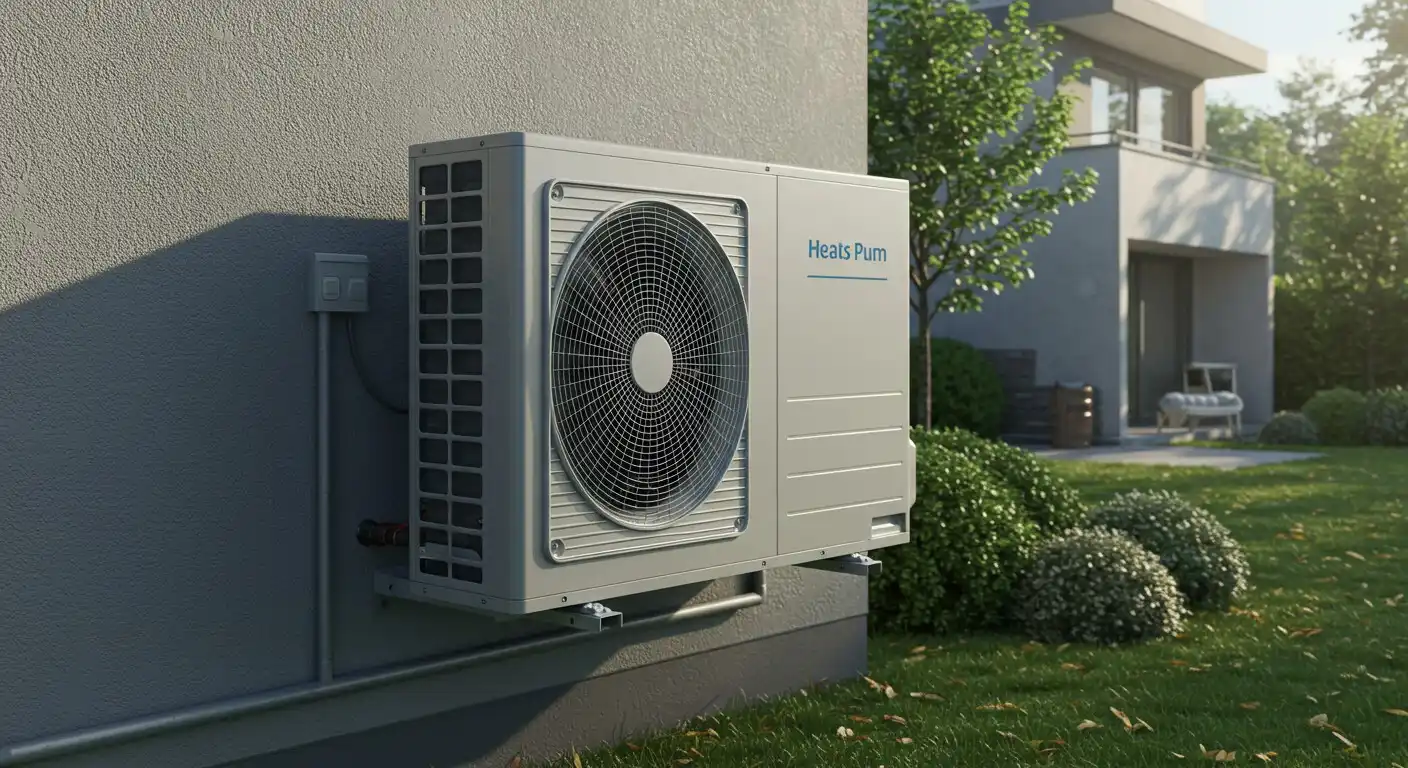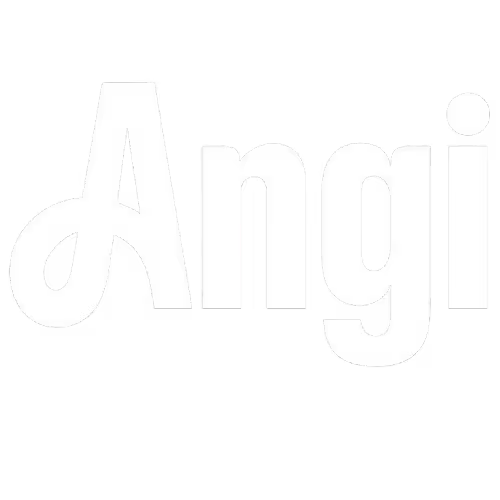Expert Heat Pump Replacement Services by Stafford Home Service
A heat pump is a central component of your home's comfort system, providing both heating and cooling efficiently. When this vital appliance begins to falter, it can significantly impact your indoor environment and energy bills. Deciding when and how to approach a heat pump replacement is a crucial decision for any homeowner. Stafford Home Service specializes in providing comprehensive heat pump replacement solutions, ensuring your home remains comfortable, energy-efficient, and reliable year-round. Understanding the signs that indicate a replacement is needed, knowing how to select the right system, and trusting an expert for installation are key steps to a successful upgrade.
When to Consider Heat Pump Replacement: Identifying the Signs
Recognizing the signals that your existing heat pump is nearing the end of its life is the first step towards a timely replacement. Ignoring these signs can lead to escalating repair costs, decreased comfort, and higher energy consumption.
- Age of the Unit: Most heat pumps have a lifespan of 10 to 15 years. If your unit is approaching or has exceeded this age, it’s likely operating less efficiently and becoming more prone to breakdowns. Older models simply cannot compete with the technological advancements and efficiency ratings of newer systems.
- Frequent Breakdowns and Costly Repairs: If you find yourself scheduling repairs multiple times a year, or if a single repair bill is a significant percentage of the cost of a new unit, replacement often makes more financial sense in the long run. Continually patching up an old system can be a money pit.
- Decreased Efficiency and Higher Energy Bills: A noticeable spike in your energy bills without a corresponding change in usage patterns can indicate your heat pump is working harder to maintain desired temperatures. This inefficiency wastes energy and money, diminishing the system's primary benefit.
- Inconsistent Heating or Cooling: If certain rooms are always too hot or too cold, or if your heat pump struggles to reach the thermostat setting, it’s a sign that its capacity or performance is compromised. This often points to internal component wear or system degradation.
- Unusual Noises: While heat pumps produce some operational sounds, grinding, persistent rattling, squealing, or frequent cycling noises are indicators of significant mechanical issues that often precede total system failure.
- Refrigerant Leaks: Refrigerant is essential for a heat pump's operation. Leaks not only harm the environment but also severely impact the system’s ability to heat and cool. While small leaks can sometimes be repaired, recurring or significant leaks can make replacement a more viable option.

Choosing the Right Heat Pump System: Efficiency, Size, and Features
Once you've determined that replacement is necessary, the next critical step is selecting a new heat pump that perfectly matches your home’s needs and your budget. This involves considering several factors beyond just the initial purchase price.
- Proper Sizing (BTUs/Tons): This is arguably the most crucial factor. An undersized unit will run constantly, struggling to heat or cool your home, leading to discomfort and excessive energy use. An oversized unit will short-cycle, turning on and off too frequently, which wastes energy, reduces humidity control, and causes premature wear and tear. A professional load calculation, often referred to as a Manual J calculation, by an experienced technician is essential to determine the precise heating and cooling capacity required for your home based on its square footage, insulation, window quality, and climate.
- Energy Efficiency Ratings (SEER2/HSPF2):
- SEER2 (Seasonal Energy Efficiency Ratio 2): Measures cooling efficiency. Higher SEER2 ratings indicate greater energy efficiency, leading to lower operating costs during cooling seasons. Minimum SEER2 ratings are mandated by federal regulations, but many homeowners opt for higher ratings for long-term savings.
- HSPF2 (Heating Seasonal Performance Factor 2): Measures heating efficiency. Higher HSPF2 ratings mean more efficient heating, which is particularly beneficial in colder climates.
Investing in a higher-efficiency unit may have a greater upfront cost but can result in substantial savings on your utility bills over the system’s lifespan.
- System Type:
- Air-Source Heat Pumps: The most common type, they transfer heat between your home and the outside air.
- Geothermal Heat Pumps: Utilize the stable temperature of the earth to provide highly efficient heating and cooling. While more expensive to install, they offer superior efficiency and lower operating costs.
- Ductless Mini-Splits: Ideal for homes without existing ductwork or for additions, offering zoned comfort control.
- Variable-Speed Technology: Many modern heat pumps feature variable-speed compressors and fans, which can adjust their output to precisely match your home’s heating and cooling needs. This results in quieter operation, more consistent temperatures, better humidity control, and significantly enhanced energy efficiency compared to single-stage units.
- Smart Thermostat Compatibility: Integrating a smart thermostat can further optimize your heat pump's performance, allowing for remote control, programmable schedules, and energy usage tracking.
The Professional Heat Pump Installation Process
Replacing a heat pump is a complex procedure that requires specialized skills and tools. A professional installation ensures that your new system operates at peak efficiency and provides reliable comfort for years to come. The process typically involves several key steps:
- System Assessment and Preparation: Our technicians will conduct a thorough assessment of your home and existing HVAC system, including ductwork, electrical connections, and refrigerant lines, to ensure compatibility and identify any necessary upgrades.
- Removal of the Old Unit: The old heat pump components, including the outdoor condenser and indoor air handler/furnace, are carefully and safely disconnected, removed, and responsibly disposed of.
- Placement of New Components: The new indoor and outdoor units are strategically placed and secured. This often involves ensuring proper clearance for airflow and vibration isolation for quiet operation.
- Connecting Refrigerant Lines and Electrical Wiring: New refrigerant lines are run and connected, and the system is evacuated to remove any moisture and contaminants. New electrical connections are made and tested according to local codes and manufacturer specifications.
- Ductwork Inspection and Sealing: Any necessary modifications or repairs to your existing ductwork are performed to maximize efficiency and airflow. Sealing leaks in ductwork is critical to prevent energy loss.
- System Commissioning and Testing: Once all connections are secure, the system is charged with the correct amount of refrigerant. Comprehensive testing is conducted to verify proper operation, airflow, temperature differential, and safety controls.
- Final Adjustments and User Guidance: Our technicians will make any final adjustments to optimize performance and provide you with a detailed overview of your new system's features, operation, and maintenance requirements.
Post-Replacement Maintenance Tips for Longevity and Performance
To protect your investment and ensure your new heat pump continues to deliver optimal performance and energy efficiency, regular maintenance is indispensable.
- Regular Filter Changes: Check and replace your air filter every 1-3 months, or more frequently if you have pets or allergies. A clean filter ensures good airflow and prevents dust buildup on internal components.
- Keep Outdoor Unit Clear: Ensure the outdoor unit is free from debris, leaves, grass clippings, and snow. Maintain at least two feet of clearance around the unit for proper airflow.
- Coil Cleaning: Annually, have a professional clean both the indoor evaporator coil and outdoor condenser coil. Dirty coils significantly reduce efficiency.
- Annual Professional Tune-Ups: Schedule a comprehensive maintenance check by a qualified technician at least once a year. This allows for early detection of potential issues, lubrication of moving parts, refrigerant level checks, and optimization of system settings. This proactive approach saves money on repairs and extends the lifespan of your unit.
- Monitor Performance: Pay attention to any changes in your system’s operation, such as unusual noises, reduced airflow, or changes in comfort levels. Addressing minor issues promptly can prevent them from escalating.
The Benefits of an Efficient Heat Pump System
Upgrading to a new, energy-efficient heat pump offers numerous advantages that extend far beyond simply having a working heating and cooling system:
- Significant Energy Savings: Modern heat pumps are significantly more efficient than older models, leading to substantial reductions in your monthly utility bills. Their ability to move heat rather than generate it makes them incredibly cost-effective.
- Enhanced Indoor Comfort: Newer systems, especially those with variable-speed technology, provide more consistent temperatures throughout your home, eliminate hot and cold spots, and offer superior humidity control.
- Reduced Environmental Impact: By consuming less energy, high-efficiency heat pumps reduce your carbon footprint, contributing to a healthier environment.
- Reliable Performance: A new system comes with a fresh warranty and is less likely to experience breakdowns, offering greater peace of mind.
- Quiet Operation: Advanced insulation and motor technologies make modern heat pumps much quieter than their predecessors.
- Increased Home Value: An updated, efficient HVAC system is a valuable asset that can increase your home's market appeal and resale value.
Choose Stafford Home Service for Your Heat Pump Replacement
Investing in a new heat pump is a significant decision that impacts your home's comfort and your wallet for years to come. When it's time for a heat pump replacement, you need a partner you can trust to deliver quality, efficiency, and exceptional service. Stafford Home Service is dedicated to providing expert heat pump replacement services, guiding you through every step, from selecting the ideal system for your home to professional installation and ongoing support. Our experienced technicians ensure that your new heat pump is perfectly sized, expertly installed, and optimized for maximum performance and energy savings.
Don't let an aging or inefficient heat pump compromise your home's comfort or inflate your energy bills. Discover the difference a new, high-efficiency heat pump can make.
Contact Stafford Home Service today to schedule a comprehensive assessment and learn more about your heat pump replacement options.
Maintenance plan
Our premium maintenance plans start at just $216 annually, providing regular tune-ups, priority scheduling, and comprehensive protection to keep your systems running efficiently year-round.
Customer Testimonials
Our customers consistently praise our knowledgeable technicians, prompt service, and the lasting quality of the work we deliver.






